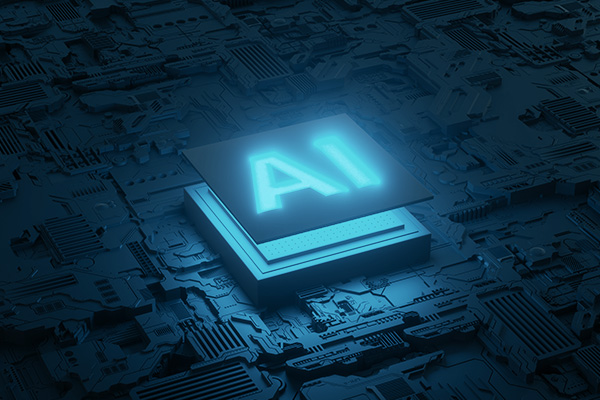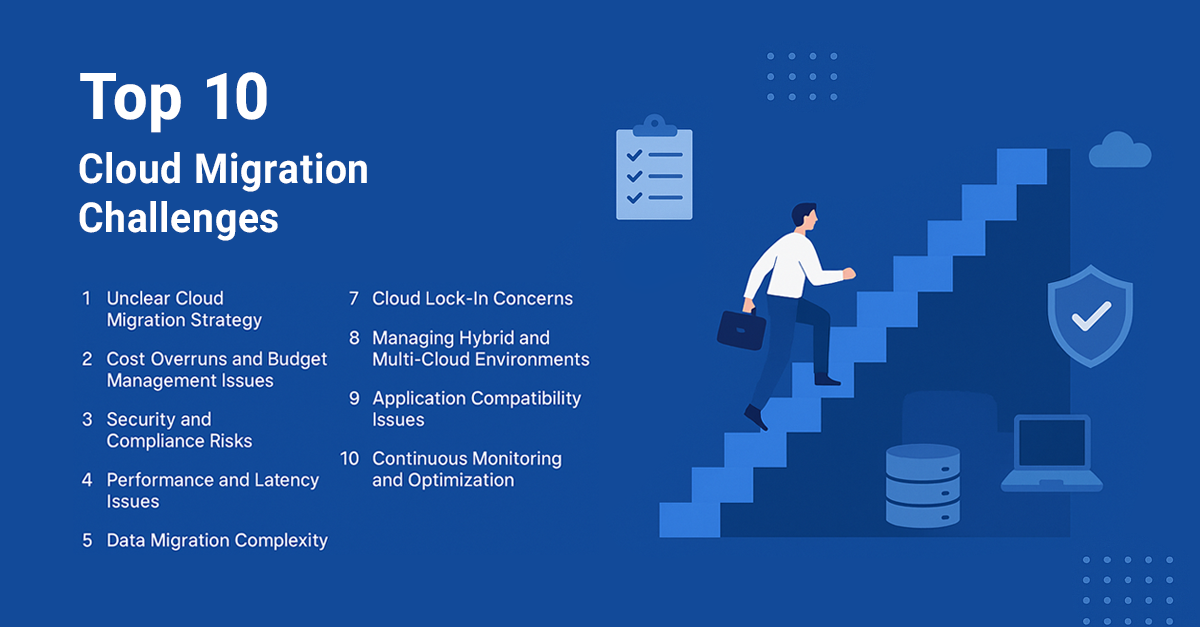In the age of rapid digital transformation, artificial intelligence (AI) stands out as a transformative force, redefining industries, enhancing efficiency, and driving innovation. The responsibility to construct a robust and effective AI strategy that aligns with the business objectives is falling into the hands of chief information officers (CIOs) and chief technology officers (CTOs).
This post aims to provide a comprehensive start-up guide for CIOs and CTOs, identifying the steps needed to develop an AI strategy that promotes sustainable growth and competitive advantage.
Understanding the AI Landscape
The journey towards an effective AI strategy begins with a thorough understanding of your current business landscape. It involves an in-depth evaluation of industry-specific trends, competitors’ strategies, and potential AI applications that can address specific pain points within your organization. Recognizing where AI can add value is essential to developing a targeted and impactful strategy.
Aligning AI with Business Goals
A successful AI strategy is one that is woven into the fabric of your organization’s operations and goals. This requires carefully and deliberately defining objectives, whether optimizing customer experiences, automating processes for greater efficiency, or leveraging data for informed decision-making. Aligning AI initiatives with your business goals ensures a focused and purposeful deployment of AI technologies.
Assessing Data Readiness
The quality, accessibility, and relevance of data are critical factors in the success of AI implementations. CIOs and CTOs must conduct a comprehensive assessment of their data infrastructure, ensuring it meets the prerequisites for effective AI utilization. Investing in data collection, cleansing mechanisms, and robust storage solutions may be imperative to fortify the data readiness for AI deployment.
Talent and Skill Acquisition
Building a team equipped with the requisite AI skills is also necessary. Whether through recruitment of data scientists, machine learning engineers, or partnerships with external AI experts, assembling a skilled workforce is critical. In addition, investing in upskilling existing employees to bridge skill gaps can foster an environment that more readily embraces AI innovation.
Selecting the Right Technology Stack
The selection of an appropriate technology stack is the foundation of a successful AI strategy. CIOs and CTOs need to meticulously evaluate various AI tools, frameworks, and platforms available. Considerations such as scalability, compatibility with existing systems, and long-term support are essential in determining the most appropriate technology stack for your organization.
Ethics and Governance
In the realm of AI, ethical considerations and governance frameworks are necessary. Depending on the nature of your business, your organization may be responsible for ensuring compliance with regulations, ethical guidelines, and data privacy laws. Establishing clear policies for AI usage, data handling, and ensuring algorithmic transparency are essential to build trust among stakeholders and maintain ethical AI practices.
Iterative Implementation and Continuous Learning
Implementing an AI strategy is an iterative process rather than a one-time event. Initiating smaller-scale projects allows for testing, refinement, and learning from AI applications. Constant feedback analysis, performance evaluation, and iterative improvements in models and algorithms are critical to maximizing the value and utility of AI implementations.
Measuring Success
To quantify the success of your AI strategy, you should define key performance indicators (KPIs). Whether in terms of ROI, enhanced operational efficiency, improved customer satisfaction, or cost reduction, establishing measurable metrics allows for a comprehensive assessment of the impact of AI initiatives on your business..
Crafting an AI strategy demands a multifaceted approach that integrates technological expertise with an understanding of both business needs and ethical considerations. Embracing AI as a catalyst for innovation and transformation requires a culture of continuous learning and adaptation. By aligning AI initiatives with business objectives, investing in talent and infrastructure, and prioritizing ethical AI practices, CIOs and CTOs can steer their organizations toward a future where AI drives sustainable growth and competitiveness.


